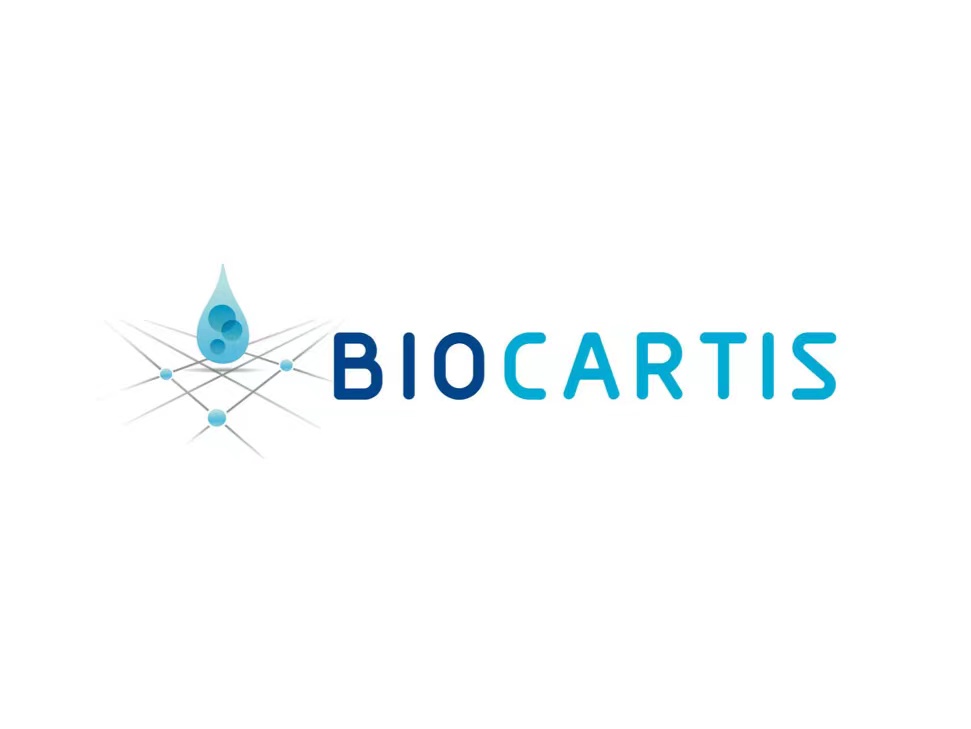



Original from: genomeweb
Biocartis said Thursday that it has secured US Food and Drug Administration 510(k) clearance for a microsatellite instability (MSI) assay to screen for Lynch syndrome in colorectal cancer patients.
Belgium-based Biocartis said the fully automated Idylla MSI Test, designed for use on the company's Idylla instruments, uses real-time PCR amplification and melt curve analysis of the monomorphic biomarkers ACVR2A, BTBD7, DIDO1, MRE11, RYR3, SEC31A, and SULF2 for qualitative identification of MSI in colorectal cancer tumors. The results can help differentiate sporadic colorectal cancer from potential Lynch syndrome by indicating which patients have mismatch repair deficiency and who could benefit from additional genetic testing.
The assay, which is also CE marked, can be performed on formalin-fixed, paraffin-embedded tissue sections of colorectal cancer tumors, with results in about 2.5 hours. The results are reported as microsatellite stable, microsatellite instability high, or invalid, and Biocartis said those results should be interpreted by healthcare professionals along with clinical findings, family history, and other laboratory data.
Lynch syndrome is a hereditary disorder involving mutations in DNA repair genes and it increases the risk of developing colorectal cancer and certain other types of cancer, often before the age of 50.
Biocartis CEO Herman Verrelst said in a statement that large and small labs using the test will benefit from the Idylla platform's sample-to-result automation. He added that by commercializing its first 510(k)-cleared oncological assay, the company "will unlock significant market potential and pave the way for growth of our oncology business in the US."
Source: Biocartis Nabs FDA 510(k) Clearance for Lynch Syndrome Screening Assay